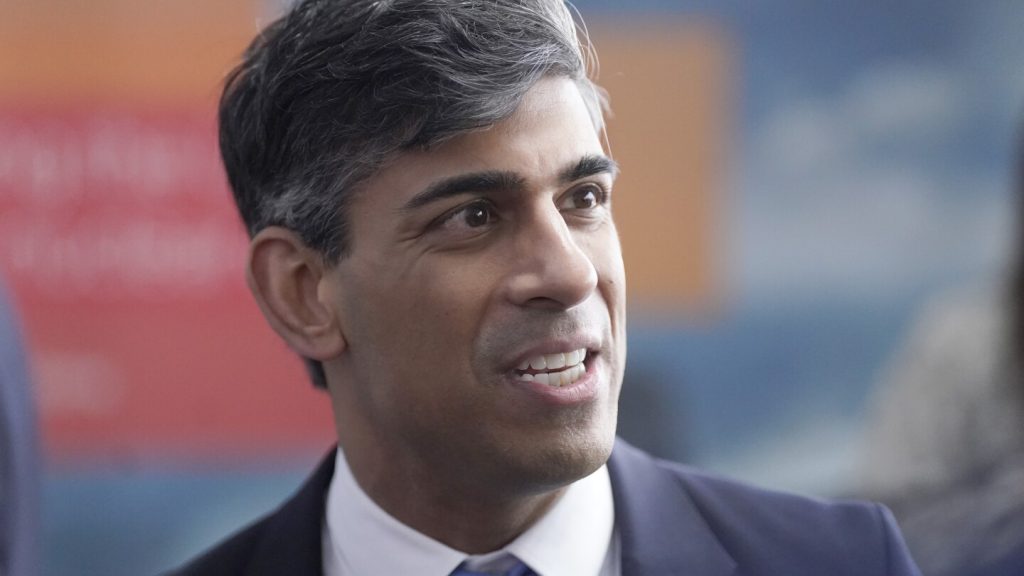Hackers linked to the Chinese government have been accused of launching a state-backed operation targeting U.S. officials, journalists, corporations, pro-democracy activists, and the U.K.’s election watchdog. The campaign, which officials say began in 2010, aimed to harass critics of the Chinese government, steal trade secrets from American corporations, and spy on high-level political figures. The U.S. Justice Department charged seven hackers believed to be living in China, while British authorities imposed sanctions on a front company and two defendants in connection with a breach that may have given Chinese access to information on U.K. voters.
The cyber-intrusion campaign involved sending over 10,000 emails containing malicious code to targets worldwide, with the intent to install tracking software on victims’ devices. The hackers targeted home routers and devices of high-ranking U.S. government officials, politicians, and election campaign staff from both major U.S. political parties. Additionally, White House officials, government agencies, senators, political strategists, and figures critical of China, including members of a pro-democracy advocacy group, were also targeted. There were attempts to compromise the email accounts of senior staffers of a presidential campaign before the 2020 general election.
British sanctions were imposed after acknowledging that “hostile actors” had gained access to its servers from 2021 to 2022, compromising voter information. However, officials stated that the breach did not impact electoral processes or the democratic rights of individuals. APT31 hackers also conducted reconnaissance activity against British parliamentarians critical of Beijing in 2021, although no parliamentary accounts were successfully compromised. Three lawmakers, including former Conservative Party leader Iain Duncan Smith, reported being subjected to harassment, impersonation, and hacking attempts from China.
China responded to the accusations by calling for evidence-based claims and cautioned against politicizing cybersecurity issues. The Chinese embassy accused the U.S. of making groundless accusations without valid evidence and opposed the allegations. British Prime Minister Rishi Sunak emphasized China’s assertive behavior and identified it as the greatest state-based threat to economic security. U.S. officials have previously brought criminal cases against hackers affiliated with the Chinese government and expressed concerns about Chinese government influence operations and potential meddling in presidential politics.
The indictment unsealed by the Justice Department on Monday did not alter the conclusion that China did not interfere in the 2020 election. The department clarified that there was no allegation that the hacking was part of a Chinese government influence operation against the U.S. However, officials highlighted the need to remain vigilant against cybersecurity threats and foreign malign influence efforts, especially as the 2024 election cycle approaches. The Justice Department urged continued awareness of such threats to safeguard against potential interference in the democratic process. The Chinese Ministry of Foreign Affairs reiterated its stance on not interfering in other countries’ internal affairs and emphasized the importance of maintaining peace and security in cyberspace.


